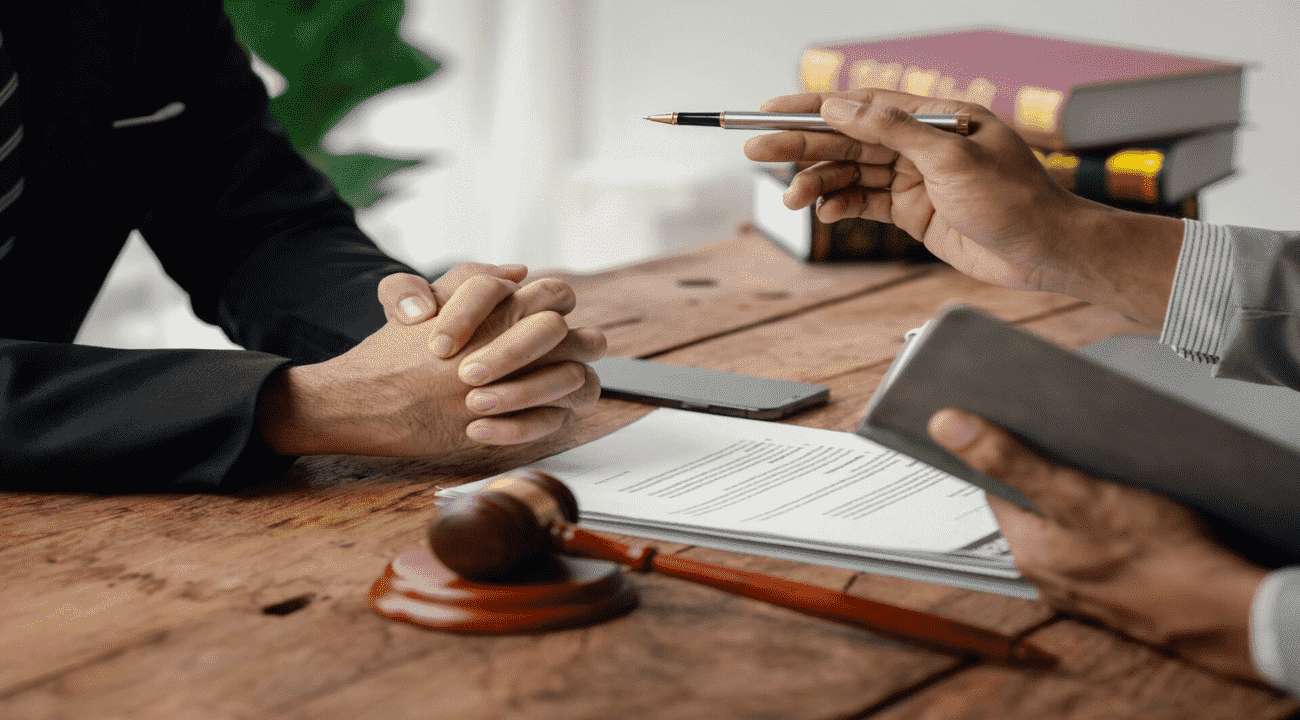
Understanding Your Rights: A Comprehensive Guide to Personal Injury Law in Florida
Navigating the Complex Terrain: Introduction to Personal Injury Law and its Importance
In the bustling state of Florida, personal injury law stands as a guardian protecting the rights and interests of individuals who have suffered harm due to the negligence or intentional acts of others. This branch of law serves as a cornerstone, ensuring that justice is served by holding the responsible parties accountable. More than a mere legal concept, it underscores the societal commitment to uphold justice and fairness, supporting individuals in their time of need and helping them regain stability in their lives. This guide seeks to illuminate the pivotal aspects of personal injury law in Florida, offering insight and guidance to those navigating these often complex cases.
A Closer Look at Potential Hazards: Common Scenarios Leading to Personal Injury Claims
In the vibrant landscapes of Florida, personal injury claims can emerge from a myriad of situations. Here we delve deeper into some of the most common scenarios and the accompanying legal considerations in the Sunshine State:
- Car Accidents: Florida operates under a no-fault insurance system, meaning that individuals often turn to their insurance providers for compensation, regardless of who was at fault. However, severe injuries can allow victims to step outside of this system and file a lawsuit. Understanding the dynamics of this system is crucial to securing rightful compensation.
- Slip and Falls: In these cases, it’s imperative to prove the property owner’s negligence, showcasing that they failed to maintain their property adequately or failed to warn visitors of potential hazards. Gathering evidence quickly can be a vital element in building a strong case.
- Medical Malpractice: These claims are often complex, requiring a thorough understanding of both medical and legal nuances. In Florida, there is a two-year statute of limitations for these claims, making timely action a priority.
- Workplace Accidents: Apart from seeking workers’ compensation, victims might also have the option to file a personal injury claim if the injury resulted from a third party’s negligence or if the employer’s intentional conduct caused the injury.
First Steps on the Road to Recovery: Actions to Take Immediately After Suffering a Personal Injury
When you find yourself as a victim of a personal injury, swift and well-informed action can be your strongest ally. Here, we elaborate on the crucial steps to take in the immediate aftermath, which can potentially shape the trajectory of your claim:
- Seek Medical Attention: Beyond securing your health, this step also initiates the documentation of your injuries, which can be a central component in building a robust case.
- Document the Incident: A detailed record of the incident can serve as a blueprint of the event, facilitating the identification of negligence and establishing the foundation of your claim.
- Report the Incident: Depending on the nature of the incident, reporting to the relevant authorities can create an official record, further substantiating your case.
- Consult with an Attorney: Early consultation with a lawyer can provide strategic direction, helping you avoid common pitfalls and bolstering your chances of a successful claim.

Navigating the Complex Terrain: Introduction to Personal Injury Law and its Importance
In the bustling state of Florida, personal injury law stands as a guardian protecting the rights and interests of individuals who have suffered harm due to the negligence or intentional acts of others. This branch of law serves as a cornerstone, ensuring that justice is served by holding the responsible parties accountable. More than a mere legal concept, it underscores the societal commitment to uphold justice and fairness, supporting individuals in their time of need and helping them regain stability in their lives. This guide seeks to illuminate the pivotal aspects of personal injury law in Florida, offering insight and guidance to those navigating these often complex cases.
A Closer Look at Potential Hazards: Common Scenarios Leading to Personal Injury Claims
In the vibrant landscapes of Florida, personal injury claims can emerge from a myriad of situations. Here we delve deeper into some of the most common scenarios and the accompanying legal considerations in the Sunshine State:
- Car Accidents: Florida operates under a no-fault insurance system, meaning that individuals often turn to their insurance providers for compensation, regardless of who was at fault. However, severe injuries can allow victims to step outside of this system and file a lawsuit. Understanding the dynamics of this system is crucial to securing rightful compensation.
- Slip and Falls: In these cases, it’s imperative to prove the property owner’s negligence, showcasing that they failed to maintain their property adequately or failed to warn visitors of potential hazards. Gathering evidence quickly can be a vital element in building a strong case.
- Medical Malpractice: These claims are often complex, requiring a thorough understanding of both medical and legal nuances. In Florida, there is a two-year statute of limitations for these claims, making timely action a priority.
- Workplace Accidents: Apart from seeking workers’ compensation, victims might also have the option to file a personal injury claim if the injury resulted from a third party’s negligence or if the employer’s intentional conduct caused the injury.
First Steps on the Road to Recovery: Actions to Take Immediately After Suffering a Personal Injury
When you find yourself as a victim of a personal injury, swift and well-informed action can be your strongest ally. Here, we elaborate on the crucial steps to take in the immediate aftermath, which can potentially shape the trajectory of your claim:
- Seek Medical Attention: Beyond securing your health, this step also initiates the documentation of your injuries, which can be a central component in building a robust case.
- Document the Incident: A detailed record of the incident can serve as a blueprint of the event, facilitating the identification of negligence and establishing the foundation of your claim.
- Report the Incident: Depending on the nature of the incident, reporting to the relevant authorities can create an official record, further substantiating your case.
- Consult with an Attorney: Early consultation with a lawyer can provide strategic direction, helping you avoid common pitfalls and bolstering your chances of a successful claim.
Slip and Fall Accidents: When Negligence Leads to Injury in West Palm Beach
Understanding Your Legal Rights Slip and fall accidents can happen anywhere, from grocery stores to
Car Accident Guide: What to Do After a Collision in West Palm Beach
Experiencing a car accident can be a traumatic and confusing event. Knowing your legal rights and th
Decoding the Claim Process: Your Comprehensive Guide to Navigating Personal Injury Lawsuits in Florida
Unveiling the Process: A Step-By-Step Guide to Personal Injury Claims in Florida In the wake of an a





